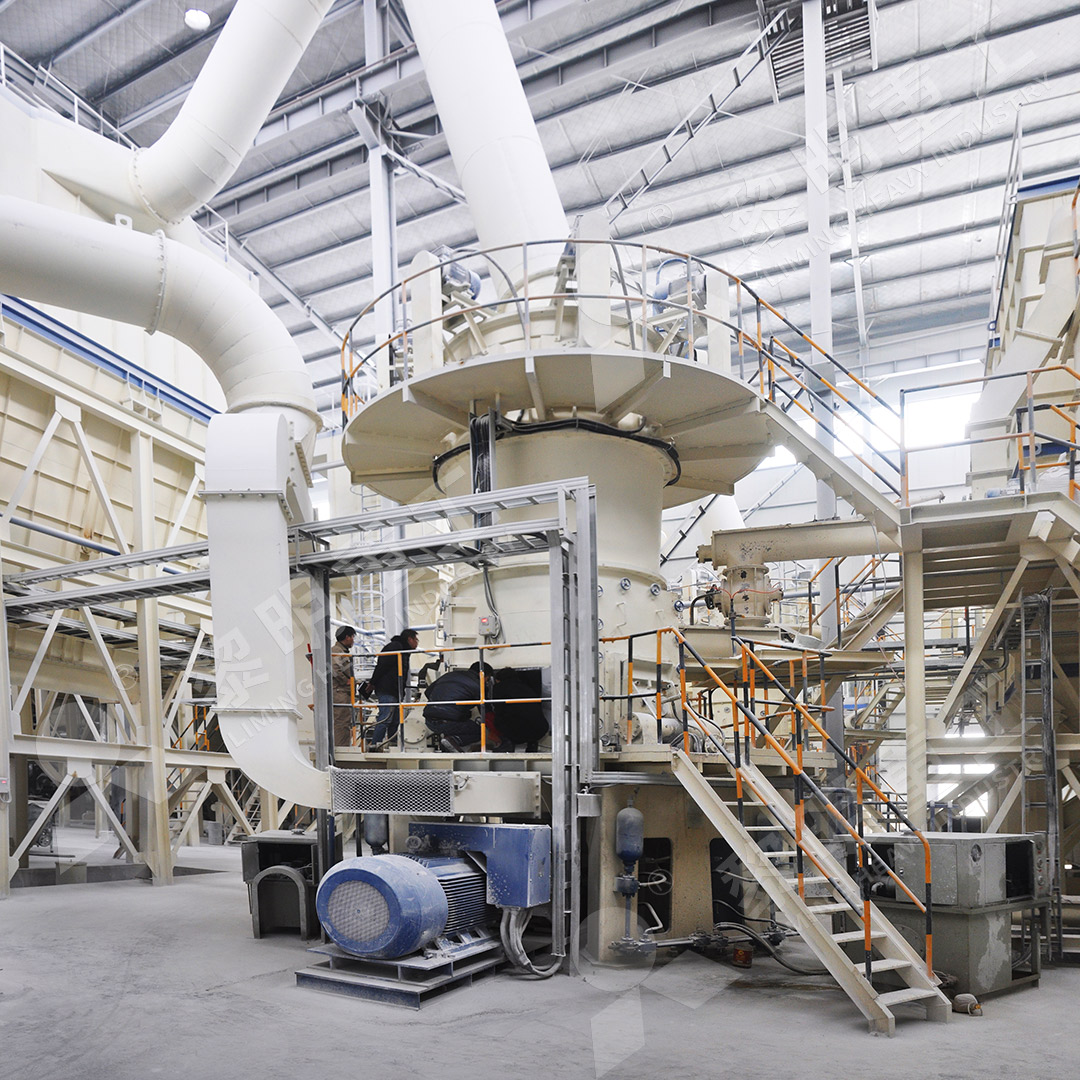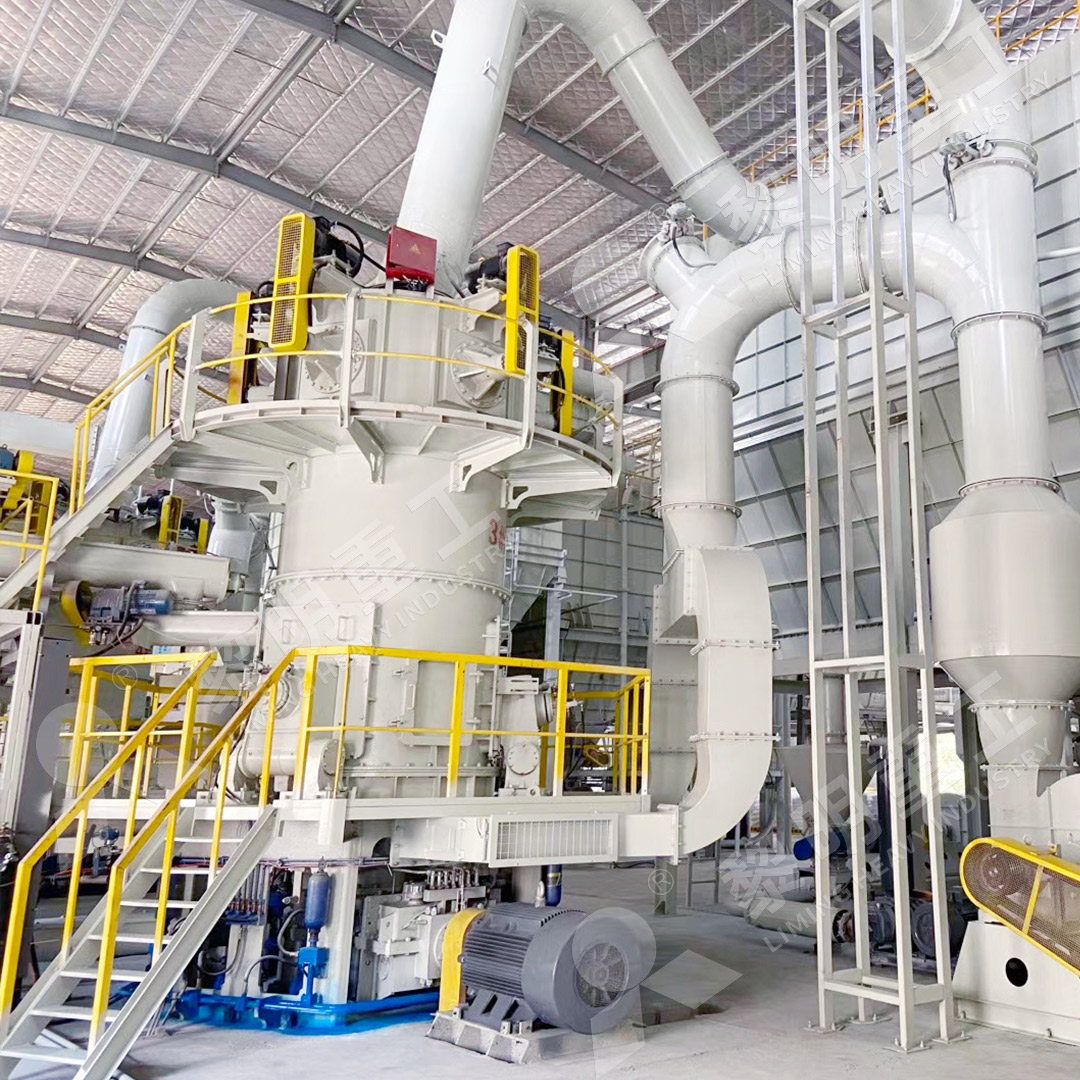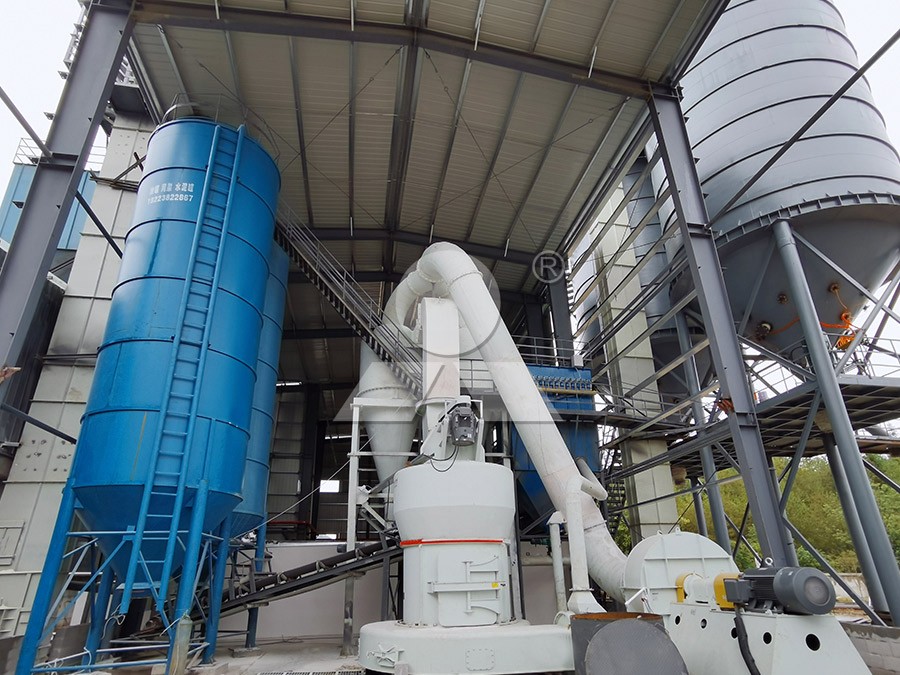5R Raymond Mill for Processing Columbite-Yttrium Ore
Unlocking the Potential of Columbite-Yttrium Ore with Advanced Grinding Technology
Columbite-yttrium ore represents one of the most challenging materials in mineral processing due to its complex composition and the extreme fineness requirements for effective extraction of valuable elements. Traditional grinding methods often fall short in achieving the precise particle size distribution necessary for optimal recovery rates. The 5R Raymond Mill has emerged as a specialized solution specifically engineered to address these challenges.

What makes the 5R Raymond Mill particularly effective for columbite-yttrium ore processing is its enhanced grinding pressure and larger grinding area compared to standard Raymond mills. The “5R” designation refers to the five grinding rollers that apply substantial mechanical force to break down the hard, refractory ore. This configuration generates approximately 30% more grinding force than conventional 3R or 4R models, making it ideal for hard minerals like columbite.
Technical Advantages for Specialty Ore Processing
The processing of columbite-yttrium ore demands equipment capable of handling materials with moderate to high hardness while producing consistent, fine powders in the range of 80-400 mesh. The 5R Raymond Mill excels in this application through several key features:
- Enhanced grinding force through five large-diameter rollers
- Improved air flow dynamics for better material classification
- Robust construction to withstand abrasive materials
- Precise fineness control through adjustable analyzer speed
In our extensive field testing, the 5R Raymond Mill has demonstrated remarkable efficiency in processing columbite-yttrium ores with varying composition. Operations report 15-20% higher throughput compared to alternative grinding systems while maintaining consistent product quality.

When to Consider Advanced Alternatives
While the 5R Raymond Mill serves as an excellent workhorse for many columbite-yttrium processing operations, certain applications demand even more advanced technology. For operations requiring ultra-fine powders beyond 400 mesh or processing ores with special physical characteristics, we typically recommend considering our MW Ultrafine Grinding Mill.
The MW Ultrafine Grinding Mill represents a significant technological leap forward, capable of producing powders between 325-2500 meshes – far beyond the capability of even advanced Raymond mills. With an input size of 0-20 mm and capacity ranging from 0.5-25 tph, this system is particularly valuable for high-value yttrium extraction processes where maximum surface area is critical for chemical processing.
What sets the MW series apart is its innovative design that eliminates rolling bearings and screws in the grinding chamber, addressing common failure points in conventional mills. The cage-type powder selector incorporates German technology for exceptional separation precision, while the efficient pulse dust collector ensures environmental compliance – a crucial consideration in modern mining operations.
Operational Considerations for Columbite-Yttrium Processing
Successful implementation of grinding technology for columbite-yttrium ore requires careful consideration of several factors:
- Ore hardness and abrasiveness
- Required final product fineness
- Production capacity requirements
- Moisture content and drying needs
- Downstream processing methods
For most standard columbite-yttrium applications, the 5R Raymond Mill provides an optimal balance of performance, reliability, and operating costs. However, for operations focused on premium yttrium products or dealing with particularly refractory ores, the additional investment in MW Ultrafine Grinding technology often yields significant returns through improved recovery rates and product quality.

Frequently Asked Questions
What is the typical production capacity of a 5R Raymond Mill for columbite-yttrium ore?
Depending on the specific ore characteristics and required fineness, a 5R Raymond Mill typically processes between 3-8 tons per hour of columbite-yttrium ore. The exact capacity varies based on hardness, moisture content, and target particle size distribution.
How does the 5R Raymond Mill compare to ball mills for this application?
The 5R Raymond Mill generally offers 20-30% higher energy efficiency compared to ball mills of similar capacity. It also provides better control over particle size distribution, which is crucial for downstream processing of columbite-yttrium concentrates.
What maintenance requirements should we anticipate?
The 5R Raymond Mill requires regular inspection of grinding rollers and rings, with typical replacement intervals of 800-1,200 operating hours depending on ore abrasiveness. Our mills are designed with quick-wear part replacement systems to minimize downtime.
When should we consider upgrading to the MW Ultrafine Grinding Mill?
Consider the MW series when your operation requires product fineness beyond 400 mesh, when processing high-value yttrium concentrates where maximum extraction efficiency is critical, or when environmental considerations demand the most advanced dust collection technology available.
Can the same mill process different mineral compositions?
Yes, both the 5R Raymond Mill and MW Ultrafine Grinding Mill can process various mineral compositions with appropriate adjustments to operating parameters. However, we recommend thorough testing with your specific ore samples to optimize performance.
